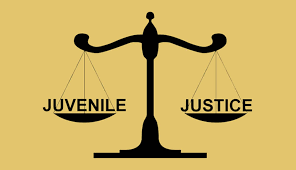Confidentiality is a cornerstone of the criminal justice system, safeguarding sensitive information while promoting transparency and accountability. In the context of diversion, maintaining the privacy of records becomes crucial.
This article explores the provisions surrounding confidentiality in the Kenyan diversion process, highlighting the restricted access to records and the imperative for Public Prosecutors to keep comprehensive records of their decisions.
Confidentiality of Diversion Records
Limited Accessibility
Diversion records, encompassing information related to the diversion process, are strictly confined to the prosecution, court, and police files.
These records are designated for official use only within the administration of the justice system, ensuring that they are not accessible to members of the public.
The restricted access aligns with the need to balance transparency with the protection of sensitive information, promoting a fair and just legal environment.
Reasons and Record of Decisions
Recording Decisions and Reasons
Public Prosecutors are mandated to maintain a comprehensive record of their decisions regarding diversion.
This record includes the reasoning behind the decision to divert or not, providing a clear and documented trail of the factors considered in each case.
The record serves as a valuable resource for accountability, enabling a retrospective examination of the thought process and considerations involved in diversion decisions.
Review of Decisions:
Applying for Review
In instances where an offender expresses dissatisfaction with the decision made by a prosecutor, there is a provision for recourse.
The dissatisfied offender has the right to apply to the Office of the Director of Public Prosecutions (ODPP) for a review of the decision.
This mechanism ensures that there is an avenue for individuals to seek redress and review when they perceive a divergence from the principles of fairness and justice in the diversion process.
Conclusion
Confidentiality and accountability are essential pillars in the successful implementation of diversion programs within the Kenyan justice system. By limiting access to diversion records to official use only and emphasizing the need for Public Prosecutors to maintain thorough records of their decisions, the system strives to strike a delicate balance. This balance aims to preserve the privacy of individuals involved in the diversion process while fostering transparency and accountability in the pursuit of justice. The provision for review further contributes to a system that prioritizes fairness and continuous improvement in the administration of diversionary justice.




